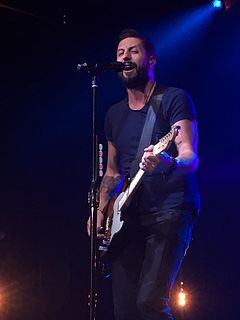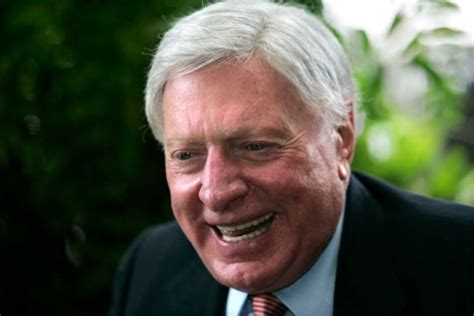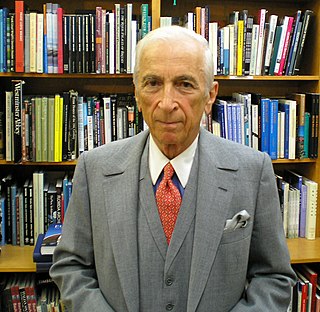A Quote by Judy Woodruff
I think he [Vaclav Havel] is one of the great figures of the 20th century. He is one of the people that was able to be a part of overthrowing a dictatorial system by talking to people and understanding what the elements of democracy really are and respect for each other and elevating.
Related Quotes
Everyone wants the same thing in this band, so we definitely respect each other. I mean, all of us have had hit songs, so it's a band full of people who really know what they're talking about, so you have to respect that even when you think something you have might be great, and they go, 'Man, it's not as great as you think it is.'
D-Day represents the greatest achievement of the american people and system in the 20th century. It was the pivot point of the 20th century. It was the day on which the decision was made as to who was going to rule in this world in the second half of the 20th century. Is it going to be Nazism, is it going to be communism, or are the democracies going to prevail?
In the 19th century it was basically nationality and people trying to define their nationalism and create states which would reflect their nationalism. In the 20th century, ideology came to the fore, largely, but not exclusively, as a result of the Russian Revolution and we have fascism, communism and liberal democracy competing with each other. Well that's pretty much over.
Vaclav Havel was the most amazing man in terms of being the combination of somebody with massive moral authority, great courage for having espoused the concepts of democracy, freedom throughout a very difficult communist period, a very modest man, and somebody with a fabulous sense of humor and the idea of being able to see the absurd in situations.
I was really interested in 20th century communalism and alternative communities, the boom of communes in the 60s and 70s. That led me back to the 19th century. I was shocked to find what I would describe as far more utopian ideas in the 19th century than in the 20th century. Not only were the ideas so extreme, but surprising people were adopting them.



























